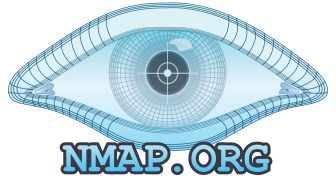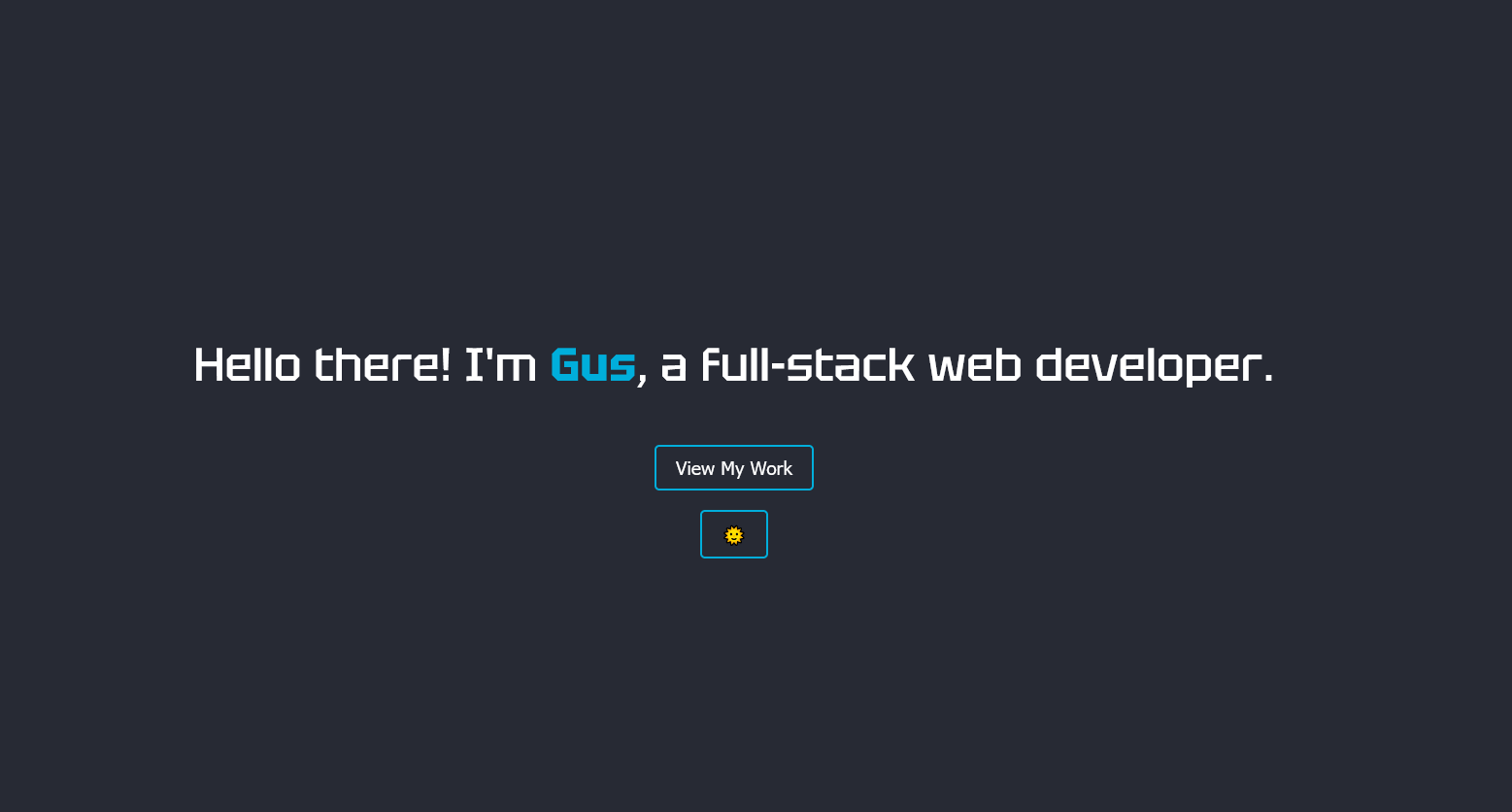Hello there! I'm Gus,
About Me
Introduction
Hi, I’m Gus, a Computer Science graduate from the University of Greenwich, currently pivoting into the world of cybersecurity. While I started in software development, I’ve since redirected my focus toward ethical hacking, Red Teaming, and offensive security.
My Background
Before diving into tech full-time, I spent over a year working in hospitality, first as a bartender, then quickly promoted to Front of House Team Leader. That fast-paced and high-pressure environment sharpened my leadership, communication, and crisis management skills all of which I now apply to problem-solving in cybersecurity.
What I'm Doing Now
I’m actively working through Security+, Network+, and PenTest+ certifications to build a solid foundation in network defence and attack simulation. Alongside my studies, I’m building hands-on projects such as a Python port scanner, Linux-based log forwarding system, and packet analysis write-ups using Wireshark.
My Mission
My goal is to ethically expose vulnerabilities before malicious actors do. I’m especially interested in adversary simulation, intrusion tactics, and building offensive tools, all while staying committed to lifelong learning, personal growth, and real-world impact.
Spoken Languages
I'm fluent in English and Portuguese, and I speak Spanish at a conversational level. This multilingual skill set helps me communicate and collaborate across diverse environments.
Core Values
- ⚔️ Offensive mindset, ethical purpose
- 💡 Learn by doing
- 🛠️ Build, break, rebuild
- 🎯 Focused goals, long-term vision
Skills
The tools shown here reflect how I work: hands-on, curious, and driven by real-world scenarios. I spend a lot of time in Kali and other Linux environments, using the terminal as my base of operations, whether it’s inspecting packets with Wireshark, probing networks with Nmap, or scripting my own utilities in Python. I use Syslog setups to experiment with log centralisation and alerting, often mimicking how events might be handled in a SOC environment. You might notice a few “web stack” tools like HTML, CSS, and JavaScript tucked in here. Those are a nod to my background in software engineering before I fully committed to cybersecurity. They’ve proven useful when exploring client-side exploits or building lightweight dashboards. All of this supports my current focus on Security+, Network+, and PenTest+ as I work toward a future in Red Team operations.
Tools I Use

Certifications
CompTIA Security+ (SY0-701)
Status: 🟢 In Progress
Expected Completion: September 2025
This foundational certification covers general security principles, risk management, and threat mitigation. It's my first step into professional cybersecurity.
CompTIA Network+ (N10-009)
Status: 🟡 Planned
Expected Completion: December 2025
Focuses on networking concepts, configurations, and troubleshooting. This is essential for understanding how attackers and defenders operate within systems.
CompTIA PenTest+ (PT0-003)
Status: 🟥 Not Started
Expected Completion: April 2026
Specialises in penetration testing, vulnerability assessment, and red teaming techniques. This is my long-term goal toward working in offensive security.
Projects

Portfolio Website
The very site you're browsing, built from scratch with core web tech stack.
Log Forwarding System
Configured a centralised loggin system using Syslog on Linux. Implemented basic giltering to identify key events and anomalies.
Python Port Scanner
Port scanner using Python's socket library to identify open ports and possible vulnerabilites.
Wireshark Network Analysis
Captured & analysed packet data to observe traffic flow, inspect protocols, and detect potential anomalies.
Coming Soon!
Stay tuned — a new project is in progress.
Coming Soon!
Stay tuned — a new project is in progress.
Why Cybersecurity?
My journey into cybersecurity, and probably computer science as a whole, began with what I believe is the most important question: “How does this work?”
Ever since I was a kid, I’ve had an almost compulsive curiosity about the inner workings of things. I’d spend hours staring at our CRT television
wondering what was happening inside it, and although my parents never let me open it up (for good reason), the urge to take it apart and understand
it never really left me. I pulled apart other electronics, took toys to pieces, and explored anything I could safely dismantle.
That mindset stayed with me as I grew up.
I was also raised during a time when people around me still described the internet as the “wild west”, warning me to be careful with downloads
because of malware and viruses. That constant sense of caution sparked a lot of questions.
What exactly was malware? How did it work? How could I protect my own computer?
And, eventually, could I build something like that myself — just to understand how attackers thought and operated?
That blend of curiosity and challenge is what drew me into cybersecurity. Over time, I discovered how deep the rabbithole goes.
The media often portrays hackers as keyboard magicians, but the reality is more compelling.
Real cybersecurity work is about strategy, persistence, and lateral thinking. It’s technical, but also creative, and the stakes are real.
What excites me most is the offensive side of the field. My ultimate goal is to work in Red Teaming and offensive security.
I genuinely believe I thrive when it comes to thinking like the enemy. I enjoy exploring systems, spotting weaknesses, and approaching problems from unexpected angles.
There’s something uniquely satisfying about using those skills to ethically test and improve defences.
“As they say, the best defence is a good offence.”
Contact
Liked what you saw? Want to work together?
Send me a message and I’ll get back to you as soon as possible.